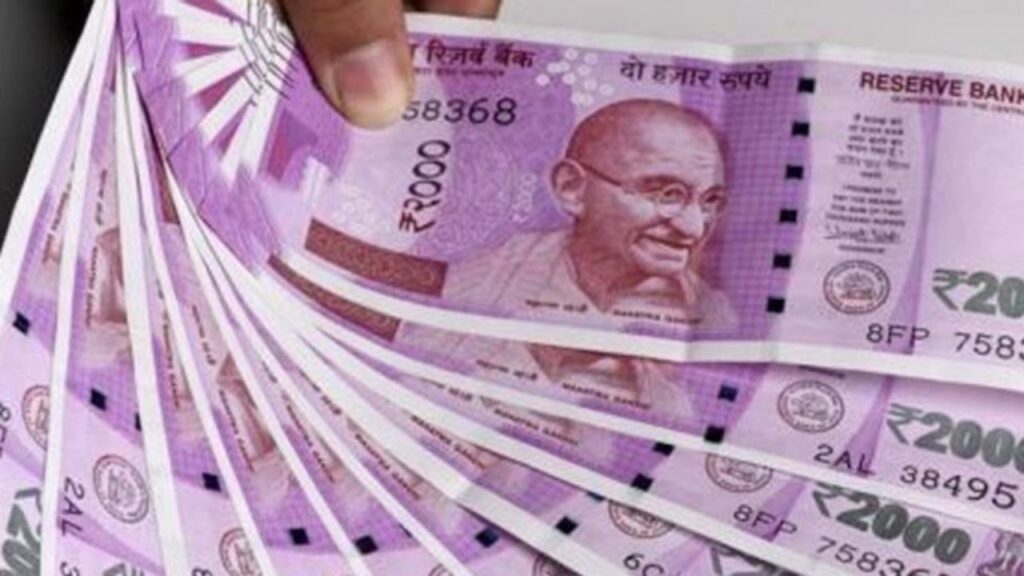The draft rules over the penal charges related to loan accounts have been issued by the Reserve Bank of India (RBI) on April 12.

As per the update, the quantum of penal charges shall be proportional to the defaults/ non-compliance of material terms and conditions of loan contract beyond a threshold.
Penal Charges of Loan Accounts Issues by RBI
The central bank said that this threshold is to be non-discriminatory within a particular loan or product category and shall be determined by the regulated entities (REs).
On top of this, RBI said that the penal charges in case of loans sanctioned to individual borrowers, for purposes other than business, shall not be higher than the penal charges applicable to non-individual borrowers.
As per the apex bank: “Penal charges, and the conditions precedent therefor, shall be clearly disclosed by REs to the customers in the loan agreement and most important terms & conditions / Key Fact Statement (KFS)”.
The central bank said that the complaints against non-banking financial companies(NBFC) is that the nature of these complaints is generally pertain to charging of high interest / penal charge and said that NBFCs shall mention the penalties charged for late repayment in bold in the loan agreement.
The Mint Street confirmed that there shall be a clearly laid down Board approved policy on penal charges or similar charges on loans, by whatever name called.
HFCs Asked to Be Transparent, Interest Rates Should Be Annualized
RBI said that for Housing Finance Companies (HFC), the HFCs should transparently disclose to the borrower all information about fees/ charges payable for processing the loan application. Also, HFCs should convey in writing the details of the loan to the borrower in the vernacular language or a language as understood by the borrower.
RBI also mentioned that the interest rates should be an annualised rate so that the borrower is aware of the exact rates that would be charged to the account.
On February 8, RBI Governor Shaktikanta Das said that the central bank will issue draft guidelines for monitoring the penal charges levied by financial entities on consumers on loans.
While the announcement of the monetary policy, Das said that “At present, regulated entities of the RBI are required to have a policy for levy of penal interest on advances. The regulated entities follow divergent practices on levying certain charges. In certain cases, these charges are found excessive”.











